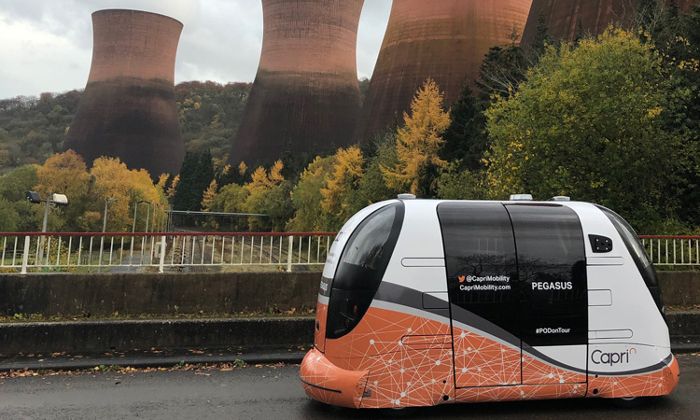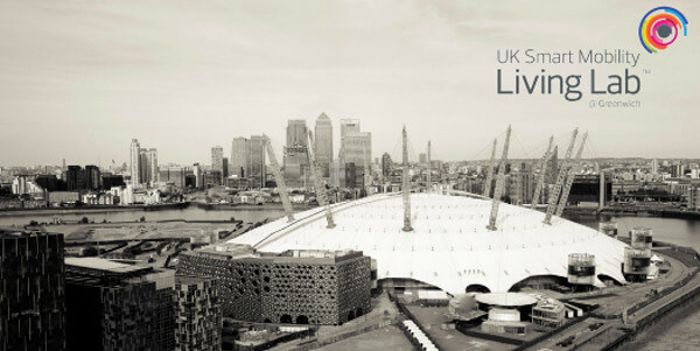Led by the UK’s Transport Research Laboratory (TRL), the Smart Mobility Living Lab (SMLL) partnership has announced its first test routes for self-driving vehicles in London, which will allow customers to trial new technologies on public roads in a ‘real-world’ urban environment.
The SMLLis a co-innovation project, part-funded by Innovate UK, led by TRL and a consortium of partners with world-leading expertise in transport and technology, including: Cisco, Cubic, DG Cities, Loughborough University, London Legacy Development Corporation, and Transport for London (TfL). Located in the Royal Borough of Greenwich and Queen Elizabeth Olympic Park in Stratford, the test routes are not only a first for London, but also a UK industry first in offering transport innovators the ability to design their own trial routes on ‘live’ public roads. Advanced roadside monitoring infrastructure will be installed to increase safety and provide information on how vehicles behave in real-world situations.

According to SMLL’s own research study of the connected and autonomous vehicle (CAV) market, 84% of industry decision-makers agree that the UK needs its own testing facilities. With 67% of them also agreeing that CAVs will make roads safer, the ability to test vehicles in a scalable, everyday environment is essential to developing and rolling out driverless cars. The sites incorporate 15 miles (24km) of existing roads remotely monitored by live CCTV cameras, with roadside sensors for collecting and sharing data both from the vehicle systems being tested and from communications between the vehicle to the infrastructure (V2X). SMLL customers will be able to create their own bespoke routes around the two sites, which incorporate a wide range of road and junction layouts, crossings, bus and cycle facilities to test vehicle performance in real-world conditions.
This flexibility allows for true customization to meet customers’ specific needs, whilst ensuring that safety remains a central premise. Test features are available at different levels of complexity for self-driving cars and other vehicles, enabling SMLL customers to progress in a safe fashion from digital twin simulation to increasingly complex real-world testing. The features across the testbed will support the analysis of vehicle behavior and user interactions, high- and low-density traffic and speed environments for testing in-vehicle services. It also means to test low latency, high capacity solutions and allows for the matrix of permanently monitored sites to be extended with a temporary monitoring network.

“SMLL’s world-class testbed will ensure any organization has simple and straightforward access to real-world urban road conditions utilizing established safety processes, audited test routes and independent test data from our on-road infrastructure and analysis technologies,” explained Iwan Parry, market development lead at TRL. “It will play a crucial role in helping transport innovators to commence real-world testing on urban roads of varying complexity, and support the continuous research and development required to make future transport solutions such as self-driving cars a reality for road users in the UK and internationally.”





